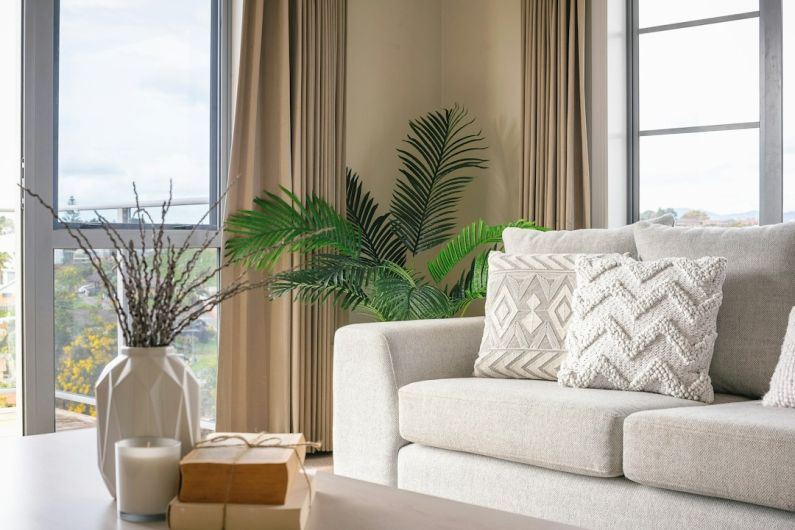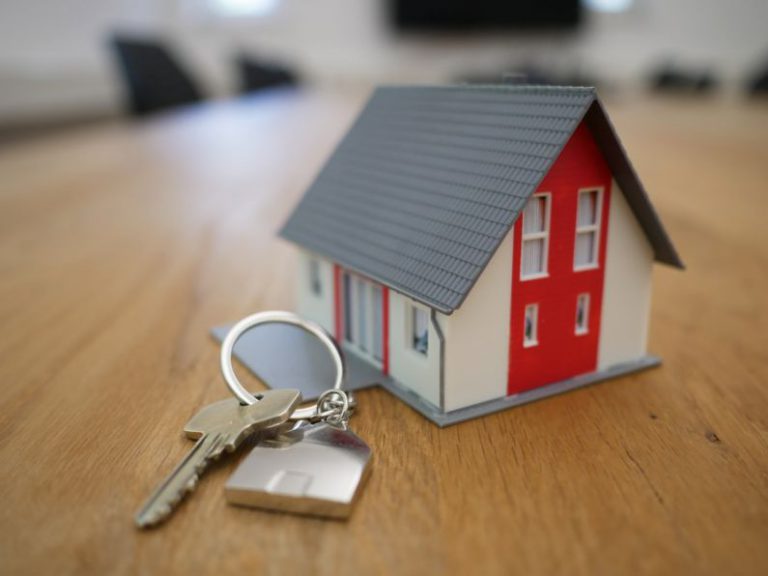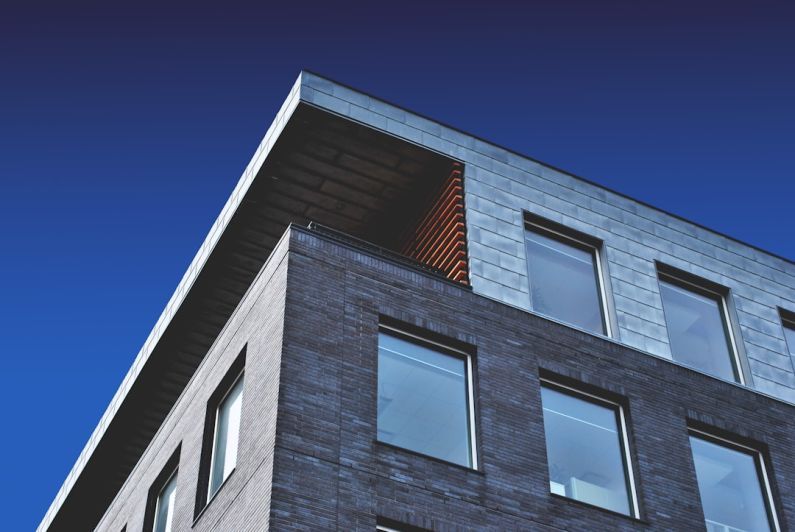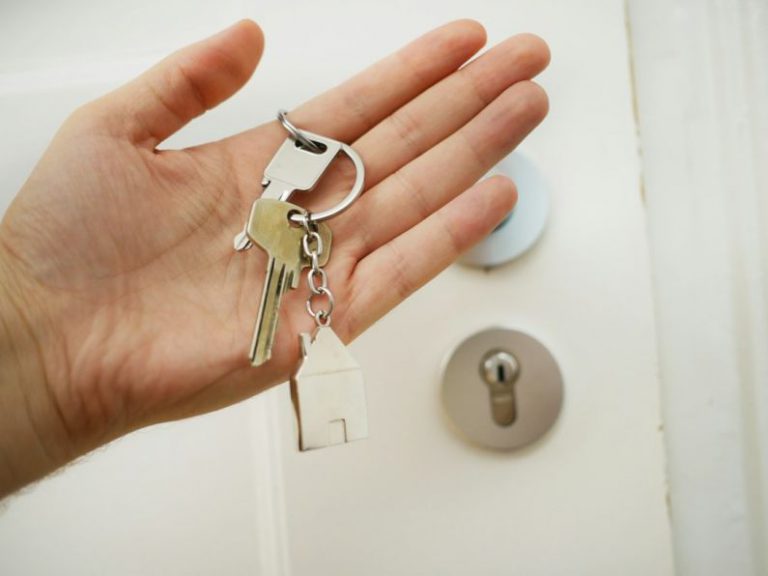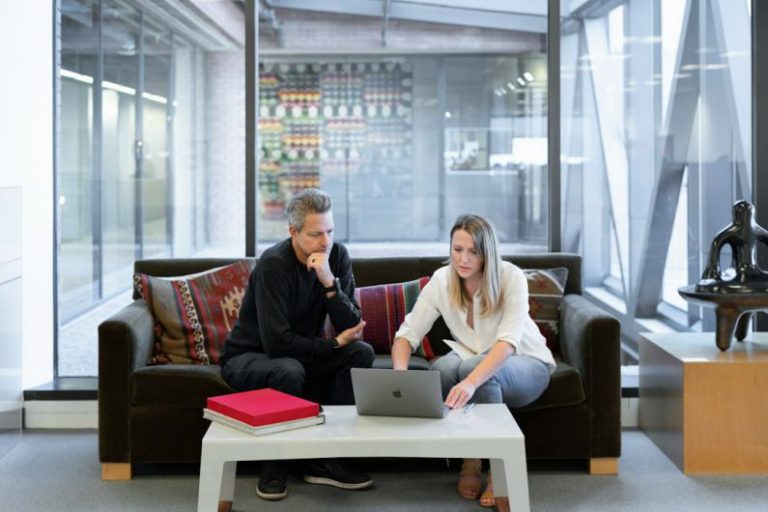How to Prepare Financially for Buying Your First Home?
Buying your first home is an exciting milestone, but it can also be a daunting task, especially when it comes to the financial aspect. To ensure a smooth and successful home buying process, it is essential to prepare yourself financially in advance. In this article, we will provide you with some practical tips on how to prepare financially for buying your first home.
Assess Your Financial Situation
Before embarking on the journey of buying a home, it is crucial to assess your current financial situation. Start by calculating your monthly income and expenses to determine how much you can afford to spend on housing costs. Consider factors such as your current rent, utilities, groceries, and other bills. This will give you a clear picture of your financial capacity and help you set a realistic budget for your new home.
Save for a Down Payment
Saving for a down payment is one of the most critical steps in preparing for homeownership. The bigger the down payment you can make, the better it will be for your financial stability in the long run. Aim to save at least 20% of the home’s purchase price as a down payment to avoid private mortgage insurance (PMI) and secure more favorable loan terms. Start saving early and consider cutting back on unnecessary expenses to build up your down payment fund.
Improve Your Credit Score
Your credit score plays a significant role in determining your eligibility for a mortgage and the interest rate you will receive. Before applying for a home loan, it is essential to review your credit report and address any discrepancies or negative marks. Pay your bills on time, reduce your credit card balances, and avoid opening new lines of credit to improve your credit score. A higher credit score will not only make it easier to qualify for a mortgage but also help you secure better interest rates, saving you money in the long run.
Research Mortgage Options
There are various mortgage options available, so it is vital to research and compare them to find the best fit for your financial situation. Understand the difference between fixed-rate and adjustable-rate mortgages and determine which one aligns better with your long-term goals. Explore different lenders and mortgage programs to find the most favorable terms and interest rates. Consult with a mortgage professional who can guide you through the process and help you make an informed decision.
Consider Additional Costs
When preparing for homeownership, it is important to consider not only the purchase price of the home but also the additional costs associated with it. Property taxes, homeowners insurance, and maintenance expenses are some of the ongoing costs you should factor into your budget. It is recommended to set aside a portion of your income for these expenses to ensure you can comfortably afford your home in the long term.
Build an Emergency Fund
Unexpected expenses can arise at any time, so it is crucial to have an emergency fund in place before buying a home. Set aside a portion of your savings to create a financial safety net that can cover unexpected repairs or other unforeseen circumstances. Having an emergency fund will provide you with peace of mind and protect you from potential financial hardships.
In conclusion, preparing financially for buying your first home requires careful planning and consideration. Assessing your financial situation, saving for a down payment, improving your credit score, researching mortgage options, considering additional costs, and building an emergency fund are all crucial steps to ensure a successful home buying experience. By following these tips, you will be well on your way to achieving your dream of homeownership.


